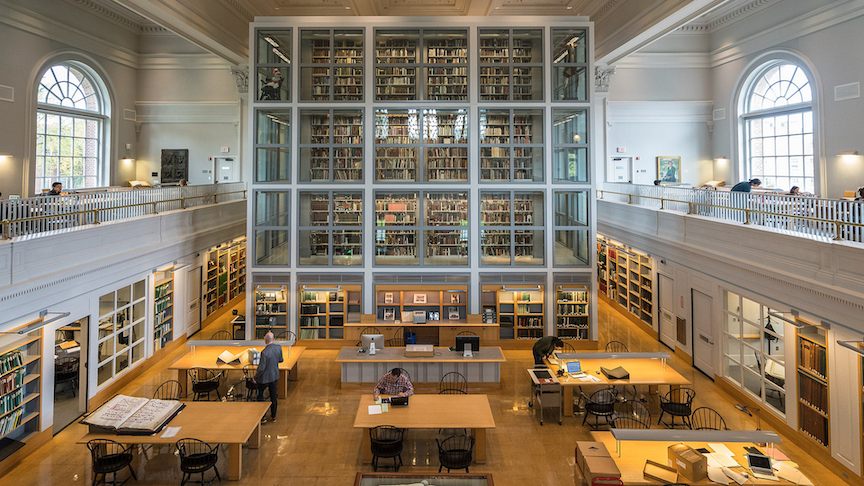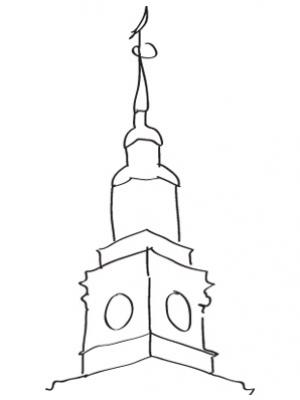When the second edition of The American Gazetteer came out in London in 1762, it was a pretty quiet event. There was nothing really new, just a three-volume compendium of statistics, descriptions of fortifications, notes on natural and political history, some nice maps, and other factual tidbits concerning the new world. But somehow it inspired an Italian printer who decided it was worth translating and embellishing. Suddenly it was a lavish production perfect for the arm-chair colonialist.
One day in France in 1905, a tiny tragedy occurred. A small fly, attracted to a delicious pool of water, got too close to the surface, fell in, and drowned. Like the proverbial tree in the forest, the death of this insect made no sound and would have likely escaped all human attention if not for one thing: this was no ordinary pool of water. This was a papermaker's vat.
John Martin Mecklin, Class of 1939, traveled a lot. A few years after graduating from Dartmouth, he became a correspondent for the Chicago Sun in Europe, sending regular eyewitness accounts of developments in the war. After World War II, he continued as a reporter in Italy. Later he would have posts in Paris and in Saigon but today we're looking at one very specific achievement in world travel.
















